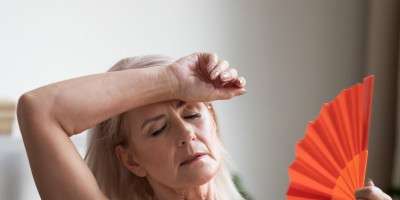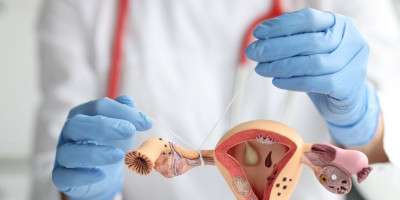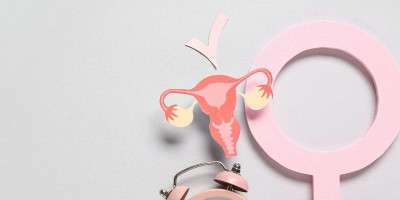HPV is a virus that can cause cervical, anal, and genital cancers in women, and penile and anal cancers in men. With numerous types, HPV is also known to lead to head, neck, and throat cancers, as well as genital warts in both genders. It is a highly common virus, but protection is possible through the available HPV vaccines.
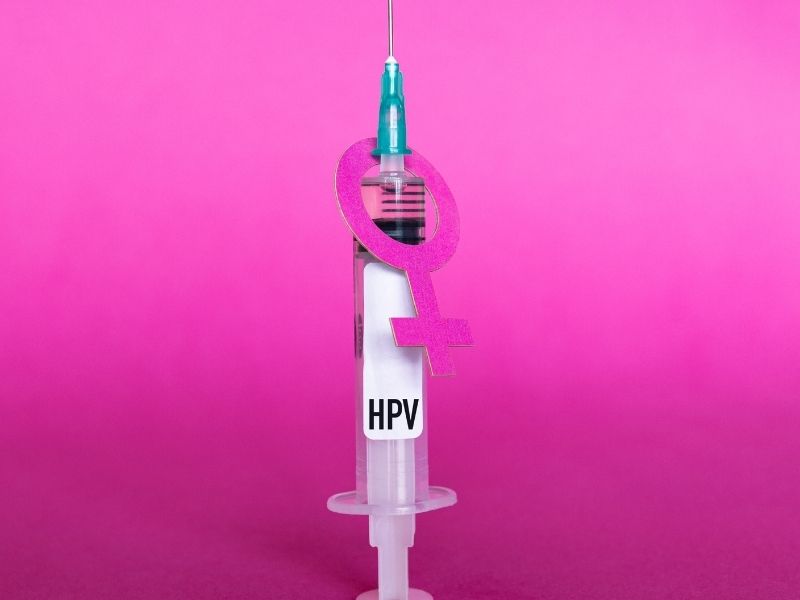
Who Should Get the HPV Vaccine?
What is HPV?
HPV is widespread among humans, and many carriers may not realize they have it. However, certain types of this common virus can lead to serious health conditions, including genital warts and several cancers. HPV affects the skin and can spread through sexual contact and other means. Specific tests are available to determine if a person carries the virus, including identifying high-risk types of HPV. The most effective measure to protect against HPV is vaccination.
What is the HPV Vaccine?
The HPV vaccine provides protection against human papillomavirus strains that infect humans, with a high success rate in preventing infection. It is particularly recommended for both men and women to protect against HPV types 16 and 18, which are responsible for most cases of cervical cancer, as well as other HPV-related diseases.
Who Should Receive the HPV Vaccine?
The HPV vaccine can be administered to anyone over the age of 9, regardless of gender, as long as there are no health conditions that contraindicate vaccination. Although recommended mainly for those aged 9 to 26, the vaccine is effective up to age 45, and it has been shown to offer some protection even beyond 45. Consequently, it is recommended for all individuals, regardless of age, when appropriate.
Where Can You Get the HPV Vaccine?
The HPV vaccine can be administered at healthcare facilities equipped for injections, such as health centers, hospitals, private clinics, and private hospitals. It is not covered by public health insurance (SGK) and is sold without a prescription. After purchasing the vaccine, you can visit a healthcare facility to have it administered.
How Many Doses is the HPV Vaccine?
The HPV vaccine schedule typically involves 3 doses, although for some groups, 2 doses may be sufficient. For individuals over 15, the vaccine is administered as follows: the second dose is given 2 months after the first, and the third dose follows 4 months after the second. For children under 15, 2 doses spaced 6 months apart may be sufficient. After assessing the individual’s circumstances, the doctor will determine the required number of doses and appropriate intervals.
Side Effects of the HPV Vaccine
HPV vaccine side effects are generally mild, with most people experiencing none. Potential side effects include mild arm pain, swelling, and redness at the injection site. Rarely, dizziness or fainting may occur after injection. Very mild symptoms, such as nausea, vomiting, and fatigue, may appear but typically subside within a few days.
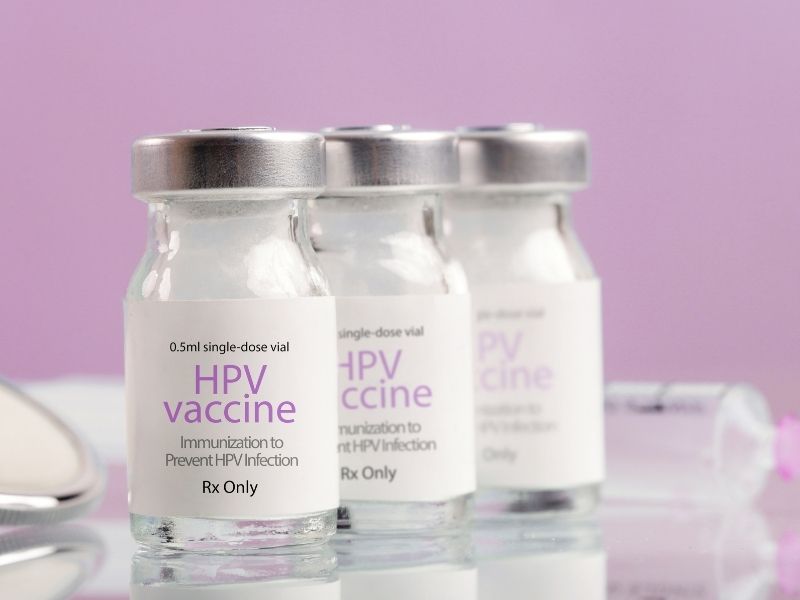
At What Age is the HPV Vaccine Administered?
At What Age is the HPV Vaccine Administered?
The HPV vaccine can be given to individuals of any age and gender starting from age 9, with no upper age limit. For maximum protection, it is recommended that the vaccine be administered between ages 9 and 26, ideally before the onset of sexual activity.
Does the HPV Vaccine Cause Pain?
The HPV vaccine may cause temporary arm pain and, less commonly, a mild headache. These side effects are short-lived and do not affect everyone.
Can HPV Spread After Getting the Vaccine?
It is possible for someone to contract HPV after vaccination, but due to the antibodies generated by the vaccine, the virus generally does not lead to any health issues. These antibodies fight the virus and help expel it from the body more quickly. This does not indicate vaccine failure but rather that the vaccine is actively protecting against the virus.
Can Someone Who Has Contracted HPV Get the Vaccine?
Yes, someone who has been exposed to HPV can and should still receive the vaccine. Since HPV has many types, the vaccine provides protection against multiple strains, including high-risk types. Thus, even if a person is infected with one or more HPV types, vaccination can protect against other types. Additionally, the vaccine may accelerate the body’s elimination of HPV acquired prior to vaccination, reducing the risk of developing associated health problems.
When Does the HPV Vaccine Start to Provide Protection?
Protection from the HPV vaccine begins about 2 months after the first dose, though it is not fully effective at this stage. Partial protection develops after the second dose, and full protective antibody levels are reached approximately 4 months after the final dose.
HPV Vaccine Costs
The cost of the HPV vaccine in Istanbul is a common question among those seeking protection against HPV. For information on HPV vaccine pricing, you may contact Dr. Çiğdem Abide. Dr. Abide administers HPV vaccine doses at her clinic in Ataşehir.
You May Also Interested In
Curiosities About Menopause cover an important biological process that is a natural p…
Read more



